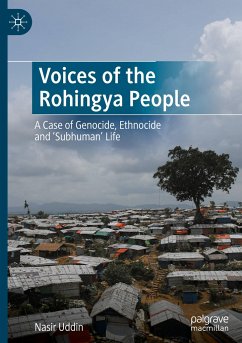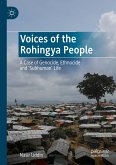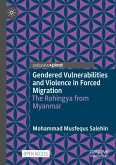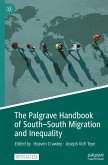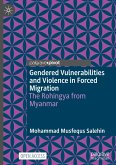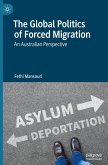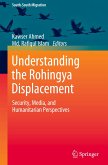This book offers a comprehensive depiction of the causes and consequences of the Rohingya crisis, based on detailed ethnographic narratives provided by hundreds of Rohingya people who crossed the border following the Clearance Operation in 2017. The author critically engages with the identity politics on both sides of the border between Bangladesh and Myanmar, and the categorisation of the Rohingya as the people of 'no-man's land' amidst the socio-political and ethno-nationalist dynamics of colonial and postcolonial transition in the region. He then interrogates the role of the international community and aid industry, before providing in-depth policy recommendations based on his own experience working with Rohingya refugees. The book will be of interest to students, scholars, policymakers and NGOs in the fields of migration studies, anthropology, political science and international relations.
Bitte wählen Sie Ihr Anliegen aus.
Rechnungen
Retourenschein anfordern
Bestellstatus
Storno

